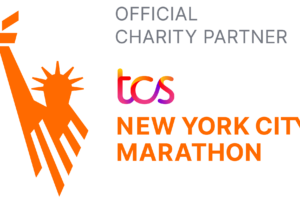NBCA expressed great concern to all members of the Senate HHS Appropriations Subcommittee to oppose Senate FY 2014 Appropriations language proposing a severe decrease in funding for the CDC’s National Center for Birth Defects and Developmental Disabilities (NCBDDD) and more specifically its Division of Blood Disorders. NBCA argued that the proposed cut, which would account for nearly one-third of the Center’s funding, could greatly harm lives and the vital programs needed for blood disorder surveillance, epidemiological and laboratory research, prevention strategies and awareness among the public and health professionals. By conservative estimates, more than 4 million people are affected by blood disorders in the United States, including 1.75 million women. We urged policymakers to reconsider these proposed reductions for FY 2014 and at least maintain the division’s funding at its FY 2013 level.
NBCA emphasized that these cuts not only threaten lives, but would unwisely cut several million dollars that can save our nation several billions of dollars. We explained that blood clots, venous thromboembolisms and pulmonary embolisms (VTEs and PEs), are the leading cause of costly hospital readmissions, a leading cause of premature death during hospital stays and the leading killer of new mothers in childbirth. NBCA stressed that blood clots now affect as many as 900,000 Americans each year and prove fatal for as many as 300,000. The CDC’s work in the area of blood clot surveillance and evaluation, we emphasized, could dramatically reduce these highly preventable and costly episodes and save considerable expense.
Additionally NBCA coalesced with other leading advocacy organizations addressing blood disorders in a joint letter to the Appropriations subcommittee, requesting the maintenance of funding at the CDC’s Division of Blood Disorders, which has been an exceptional partner supporting NBCA’s efforts to save lives. The other blood disorder groups included: American Society of Hematology; Cooley’s Anemia Foundation; Hemophilia Federation of America; National Hemophilia Foundation, and Sickle Cell Disease Association of America.





